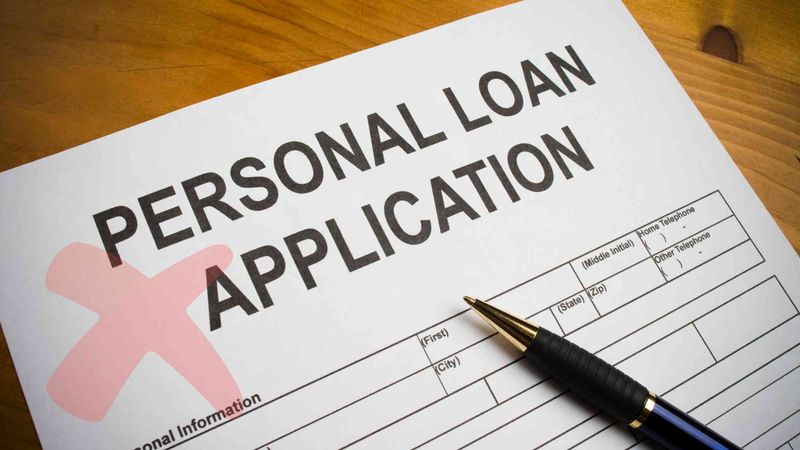Joint property ownership among family members can be a blessing that preserves family wealth, but it can quickly become contentious when disputes arise. Whether it’s inherited land, a family home, or shared investments, disagreements over property can strain relationships and lead to lengthy legal battles. This comprehensive guide explores effective approaches to resolving joint property disputes while preserving family bonds.
Understanding the Common Causes of Family Property Disputes
Family property disputes typically stem from several key sources:
- Unclear ownership documentation
- Disagreements over property usage
- Unequal contributions to maintenance or taxes
- Different visions for the property’s future
- Emotional attachments overriding practical considerations
Recognizing these root causes is the first step toward developing effective solutions that address everyone’s concerns.
Communication Strategies for Resolving Property Conflicts
Open communication serves as the foundation for resolving any family dispute. Before escalating to legal channels:
- Arrange a neutral family meeting where all parties can express their concerns
- Focus on active listening rather than defensive responses
- Document points of agreement and disagreement clearly
- Consider bringing in a trusted family friend as a mediator
When emotions run high, structured communication helps keep discussions productive and solution-focused.
Legal Options When Informal Resolution Fails
When family discussions reach an impasse, several legal pathways exist:
Mediation
Professional mediators specialize in helping families reach mutually acceptable agreements without court intervention. The mediator facilitates discussion, helps identify common ground, and guides the family toward solutions that respect everyone’s interests.
Partition Actions
A partition action legally divides property among co-owners when agreement isn’t possible. This can result in:
- Physical division of the property (for land)
- Sale of the property with proceeds divided
- One owner buying out others’ interests
Buyout Agreements
Structured buyout agreements allow one family member to purchase others’ ownership shares based on fair market valuation. This keeps the property intact while providing compensation to other stakeholders.
Preventive Measures for Future Property Co-ownership
The best way to handle property disputes is to prevent them through proper planning:
- Create detailed co-ownership agreements specifying rights and responsibilities
- Establish decision-making protocols for major property changes
- Develop clear exit strategies for co-owners who wish to divest
- Schedule regular family meetings to discuss property matters
These preventive measures establish clear expectations and procedures that minimize the potential for future conflicts.
Preserving Family Relationships Through the Process
Perhaps the most challenging aspect of property disputes is maintaining family relationships throughout the conflict. Consider these approaches:
- Focus on interests rather than positions
- Separate the people from the problem
- Look for win-win solutions when possible
- Remember that family relationships typically outlast property ownership
With thoughtful communication and professional guidance when needed, families can navigate property disputes while preserving their most valuable asset—their relationships with one another.




